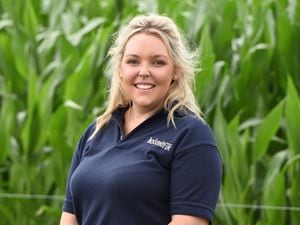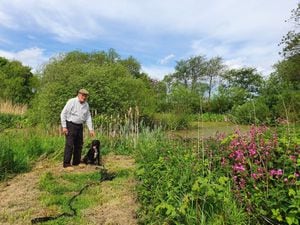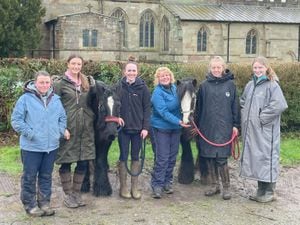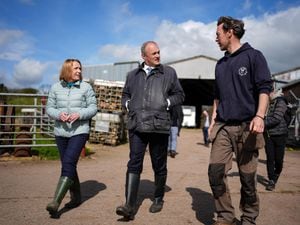Growing innovation to feed expanding population
Agritech is one of the fastest growing sectors and includes a wide range of businesses such as drones, robotics, aquaponics, precision agriculture, big data, crop data, bioscience, agronomy, apps, and GPS.
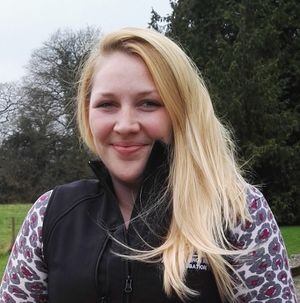
The United Nations estimates a global increase of two billion people to nine billion by 2050, when agricultural consumption is likely to be 60 per cent higher than it was in 2005.
Feeding this growing population “while nurturing the planet will be a monumental challenge”, according to the UN’s Food and Agriculture Organisation – and it will be technology that plays a vital role in stabilising food security.
Integrating more technology into agriculture is extremely exciting and takes our industry to the next level – with other forward-thinking, technically advanced sectors. Education on new techniques, accountancy, marketing and the use of innovative technologies will help to make agriculture a more enticing and exciting sector to work in, and will attract those young professionals back into the industry.
This helps not only with innovation progression, with fresh new ideas, skills and talent, but presents sustainability and succession planning for the agricultural sector.
With Brexit casting uncertainty with many, now is the time for the UK to refocus and redistribute its capital and energies towards the nation’s agricultural technologies and innovative science capabilities, for the benefit of production and efficiency. Farming output growth in the future depends on the greater use of technologies, ranging from equipment to genetics. It is evident that the agritech sector is only going to proliferate further.
The dynamic agritech enterprise hub, Farm491, part of the Royal Agricultural University, is a vital space for this exact innovation to prosper.
Bringing together like-minded innovators and entrepreneurs, the collaborative space offers individuals and businesses the opportunity to test, trial, research and refine their propositions.
In addition to the practical working space, Farm491 provides members with access to 491 hectares of farmland, business support, professional experts, investors, farmers and farming data and is a vital support to entrepreneurs looking to grow and establish their businesses in the food and farming industry.
Farm491 strives to bring together a forum of members to collaborate, share knowledge and expertise – an incubation hub where new technologies are born, developed, and launched. Members can use space to test and launch products, as a business base or others may just like to keep in touch with the community through virtual membership.
Verity Payne, Farm491

